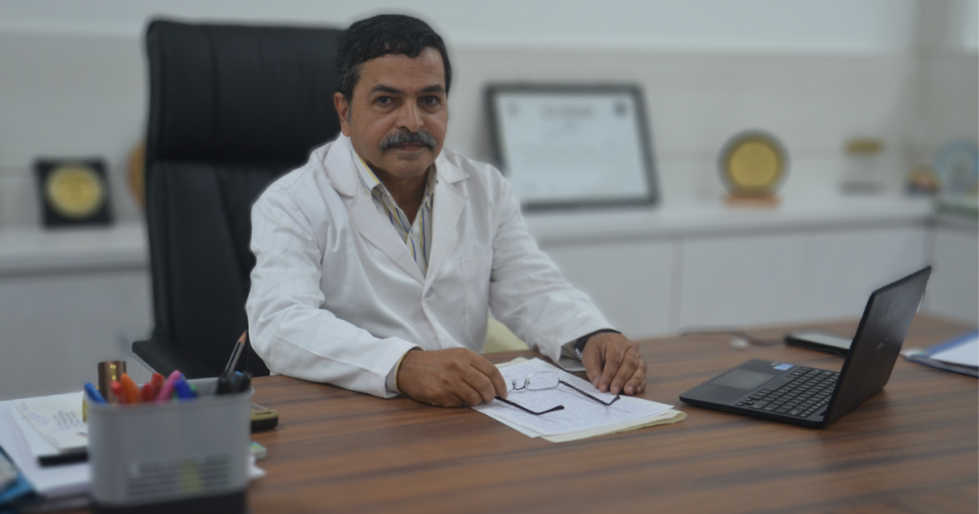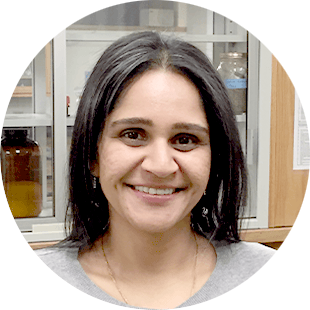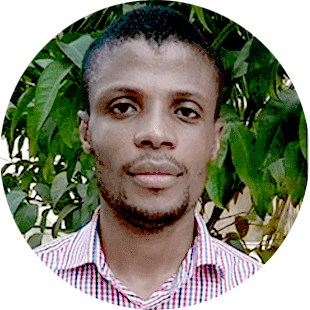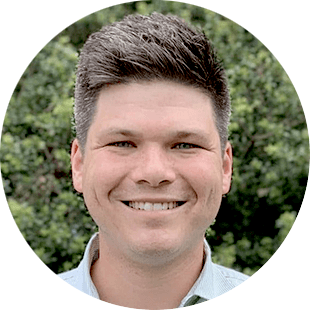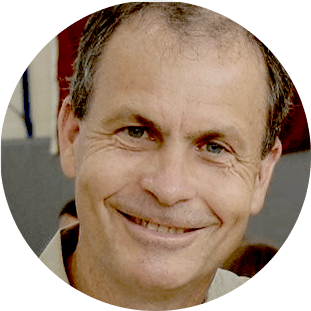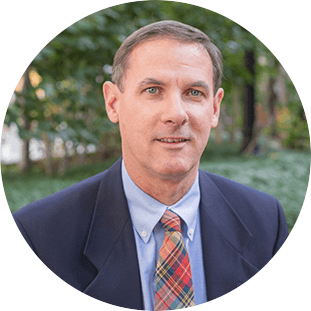Your mouth is home to more types of bacteria than you can count, with over 700 species living in a harmonious system known as the oral microbiome. Though that might sound unhygienic, it’s perfectly normal… until the wrong kind of bacteria disrupts the natural bacterial balance. That is when Kishore Bhat, MD, can help you out.
As a medical microbiologist, Dr. Bhat focuses on understanding the effects of oral pathogens on human health—not just in the mouth. When left untreated, oral bacterial infections can drastically increase a person’s risk of developing other conditions, from rheumatoid arthritis and meningitis to pancreatic or skin cancer.
Though he had a passion for the oral microbiome, Dr. Bhat recognized that India had little infrastructure to accommodate the specialized research his field demanded. So he focused his energy on establishing the country’s first and only research center dedicated to oral microbiology at Maratha Mandal’s NGH Institute of Dental Sciences & Research Centre (MMDC).
Starting a new research facility from scratch had its challenges, and Dr. Bhat’s first need was the proper instrumentation. The Department of Microbiology, where Dr. Bhat is a professor and department chair, received over 3 tons of Instrumental Access equipment in 2019, equipping them to study these dangerous pathogens more effectively.
https://www.youtube.com/watch/?v=1MkKg2E5x7w
“Since receiving Instrumental Access equipment, we have been busy with an influx of students interested in microbiology,” says Dr. Bhat. “We are now being recognized as one of the major centers of microbiology in the country.”
The surge of interest in this rapidly-developing field is, in part, attributed to the potential unlocked by the department’s Instrumental Access shipment. Students and faculty no longer have to suspend projects due to insufficient equipment. Now, they have the tools to pursue the aggressive and pathbreaking research that Dr. Bhat envisioned when he helped establish MMDC’s microbiology department.
Dr. Bhat is currently testing his biggest idea: that greater knowledge of oral pathogens will lead to better health outcomes. Previously, progress had been stuck… but with Instrumental Access equipment in place, he and his colleagues have advanced their studies of the oral microbiome, noting many of the consequences that can result from a mouth with bacteria that goes out of balance.
Eventually, Dr. Bhat hopes that he and his team can develop a widely available rapid test for pathogens that disrupt the natural symbiosis in the oral microbiome. His goal is that such a test can be administered in a clinical setting, providing rapid diagnosis and treatment plans for issues that may have otherwise gone undetected.
If such a rapid test were to become widely available, Dr. Bhat believes that India would see a major improvement in oral and general health, as the disrupting pathogens could be treated and the oral microbiome brought back to stability.
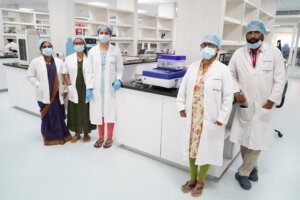
While Dr. Bhat’s research is impressive, the impact of Instrumental Access is being felt beyond the MMDC campus. With a growing interest in oral microbiology across India, the Department of Microbiology is taking its knowledge and expertise on the road.
Dr. Bhat and colleagues are leading training sessions around the country to educate dental professionals about how the oral microbiome can affect general health. If a patient presents with gingivitis, it may not occur to a dentist that other health consequences could be lurking unseen.
Dr. Bhat’s mission is to prepare the dental workforce to think of oral disease as a potential indicator of serious general health risks and to screen for them appropriately.
As the leader of India’s only oral microbiology program, Dr. Bhat says he feels an urgent responsibility to share expertise with the broader dental community.
“The growing body of scientific research in oral microbiology has increased awareness of our field, along with the more holistic health issues that result from microbiological oral problems,” he says. “But the absence of microbiology programs in India meant that not many people were trained to address the problem.”
Today, when global pandemics have thrust science into the public consciousness, Dr. Bhat sees an opportunity to educate and empower everyone in India to take more notice of their oral health. In taking his science out of the lab and into the community, he is expanding his research’s impact many times over.
This impact is possible because a brilliant scientist has the tools he needs to follow his passion. Thousands of people will receive better dental care because Dr. Bhat is bringing his expertise to serve the public, spreading awareness of oral pathogens and how to treat them.
